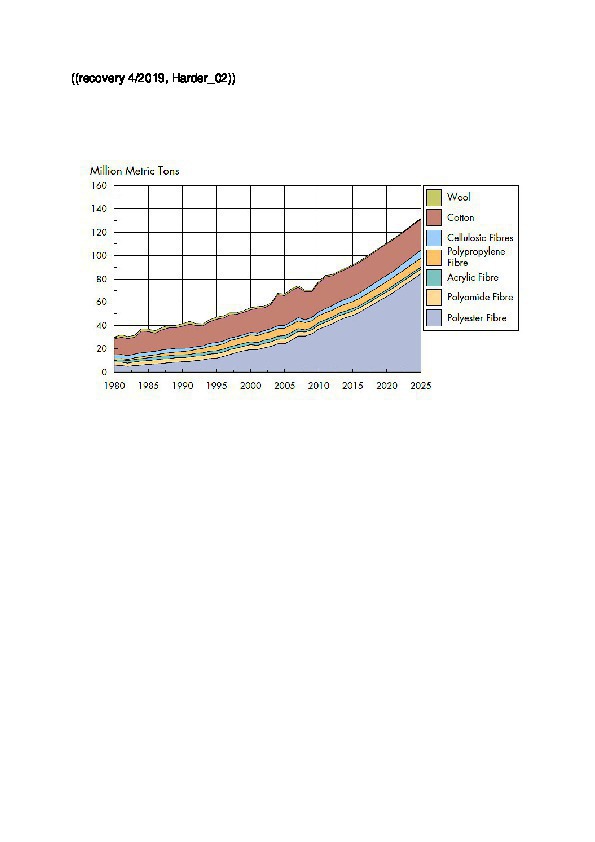Limitations of Textile Recycling: The Reason behind the Development of Alternative Sustainable Fibers
$ 14.99 · 4.5 (361) · In stock

The sharply increasing world population reveals the insufficiency of natural resources in meeting the needs of humanity, while creating a tendency to search for new resources. Textile products constitute one of the most basic needs of humanity and the consumption of textile products is also increasing due to the changing fashion sense, increasing population, and technology developments. Discovery of alternative or renewable energy sources, recycling of all kinds of materials, enhancing engineering methods and technologies used to make recycling effective, and trends like sustainable fashion that promote sustainability and take parts among the hot topics of this field. Recycling studies are also common in textile science. It is feasible to reduce the usage of natural fibers by utilization of recycled fibers. However, there are some limitations to textile recycling. These limitations led the development of new sustainable fibers and processes as alternatives to natural. In this context, most of the recycling and sustainability-based studies carried out in this field emphasized the indispensability of the subject, while neglecting a few points about limitations. Consequently, the limits of recycling in textiles and new fibers developed to overcome these limits are addressed in this chapter.

PDF] A Systematic Literature Review for the Recycling and Reuse of Wasted Clothing

1 Volume to value estimation of used textile products

PDF] Possibility Routes for Textile Recycling Technology

The limitations of textile recycling - recovery

Advances in Bio-Based Fibers

What Does Sustainable Apparel Sourcing Mean for Generation Z? – FASH455 Global Apparel & Textile Trade and Sourcing

Life cycle environmental impact assessment of cotton recycling and the benefits of a Take-Back system - ScienceDirect

Sustainability, Free Full-Text

PDF] Textile Wastes: Status and Perspectives

Scheme of mechanical recycling.